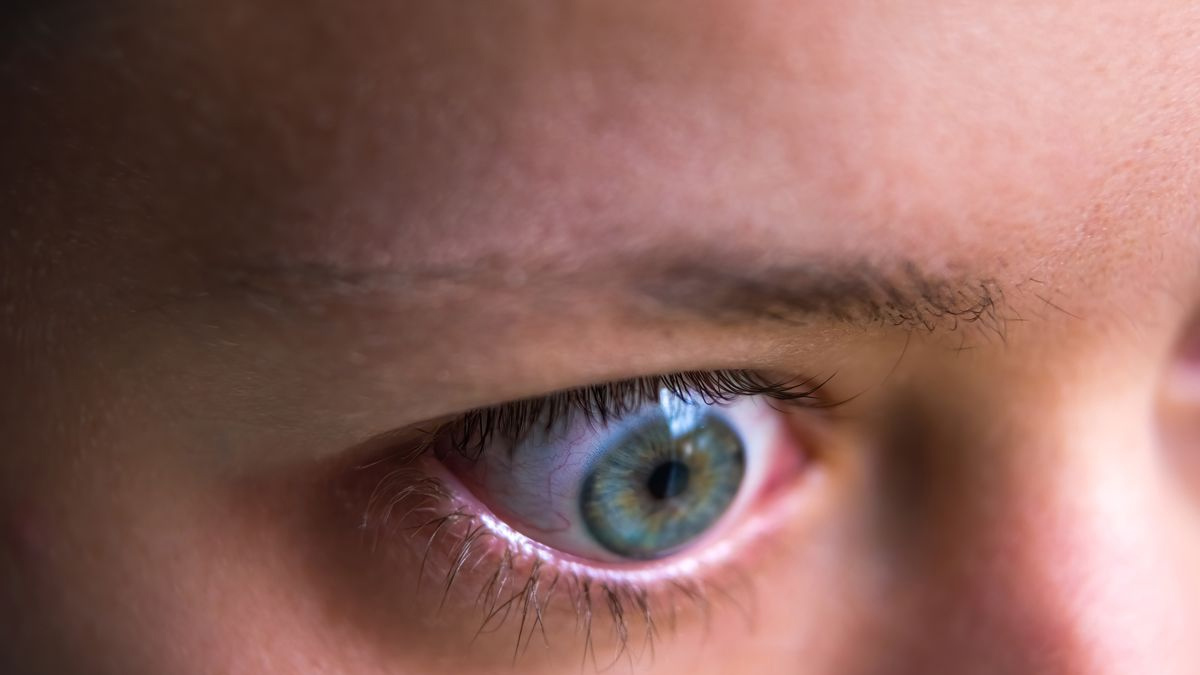
In a candid and revealing cover story for the September/October issue of *Women's Health*, released on August 6, 2024, Star Wars actress Daisy Ridley opened up about her battle with Graves' disease. This is the first time Ridley has publicly discussed her diagnosis, shedding light on her personal experience with the autoimmune disorder.
Table of Content:-
Ridley’s Health Journey
Daisy Ridley, best known for her role as Rey in the Star Wars saga, recently shared her health struggles in an interview that has captured the attention of many. Prior to her Graves' disease diagnosis, Ridley had already faced significant health challenges, including endometriosis and polycystic ovaries. Her journey took a new turn after experiencing severe symptoms while working on her psychological thriller *Magpie*.
The actress reported frequent hot flashes and overwhelming fatigue after filming, which led her to consult her general practitioner. Initially, Ridley attributed these symptoms to the intense stress of her role in the film. However, her condition was more serious than she anticipated, leading to her Graves' disease diagnosis.
View this post on Instagram
Understanding Graves' Disease
As per Dr. Sumeet Nigam, General Physician at Sahara Hospital, Lucknow, Graves' disease is a serious autoimmune disorder that impacts the thyroid gland, leading to excessive production of thyroid hormones, a condition known as hyperthyroidism. This overproduction of hormones affects various organs and systems in the body, making the symptoms widespread and diverse.
Also Read: Jassi Jaisi Koi Nahi Fame Mona Singh Reveals How She Lost 15 Kgs Of Weight Within Six Months
The disease is more prevalent in women and those over the age of 30. Although it can affect anyone, these demographic factors increase the likelihood of developing the condition. Effective treatment aims to regulate thyroid hormone levels and alleviate symptoms, helping patients manage their condition more comfortably.

Recognizing the Symptoms
Graves' disease manifests through a variety of symptoms that can impact daily life significantly. Some of the most common signs include:
- Nervousness and Irritability: Individuals with Graves' disease often experience heightened anxiety and mood swings.
- Tremors: A slight shaking or trembling of the hands or fingers is a common symptom.
- Heat Sensitivity: Increased sweating and warm, moist skin can occur due to an overactive thyroid.
- Weight Loss: Despite an increased appetite, many individuals with Graves' disease find it challenging to maintain their weight.
- Enlarged Thyroid Gland (Goiter): The thyroid gland may swell, leading to visible bulging in the neck area.
- Menstrual Cycle Changes: Women may notice alterations in their menstrual patterns.
- Sexual Dysfunction: Problems such as erectile dysfunction or reduced libido can be associated with the disease.
- Frequent Bowel Movements: An increase in bowel activity is another possible symptom.
- Thyroid Eye Disease (Graves’ Ophthalmopathy): This condition, affecting approximately 25% of those with Graves' disease, includes symptoms like bulging eyes, gritty feelings in the eyes, and eye pain.
- Fatigue: Persistent tiredness and difficulty sleeping are common complaints.
- Graves’ Dermopathy: Thick, discolored skin, particularly on the shins or feet, can develop in some patients.
- Palpitations: Fast or irregular heartbeats can be distressing symptoms.
Also Read: Vinesh Phogat Disqualified From Olympic Due to Overweight; Check Scientific Ways to Lose Weight Fast
Moving Forward
Daisy Ridley’s openness about her Graves' disease diagnosis highlights the importance of addressing health issues transparently and seeking proper medical advice. For those experiencing symptoms similar to Ridley's, early diagnosis and treatment can make a significant difference in managing the condition effectively.
Bottomline
Understanding and recognizing the symptoms of Graves' disease is crucial for timely intervention and improved quality of life. As more people become aware of this condition through public figures like Ridley, greater support and resources can be provided to those affected.
Also watch this video
How we keep this article up to date:
We work with experts and keep a close eye on the latest in health and wellness. Whenever there is a new research or helpful information, we update our articles with accurate and useful advice.
Current Version